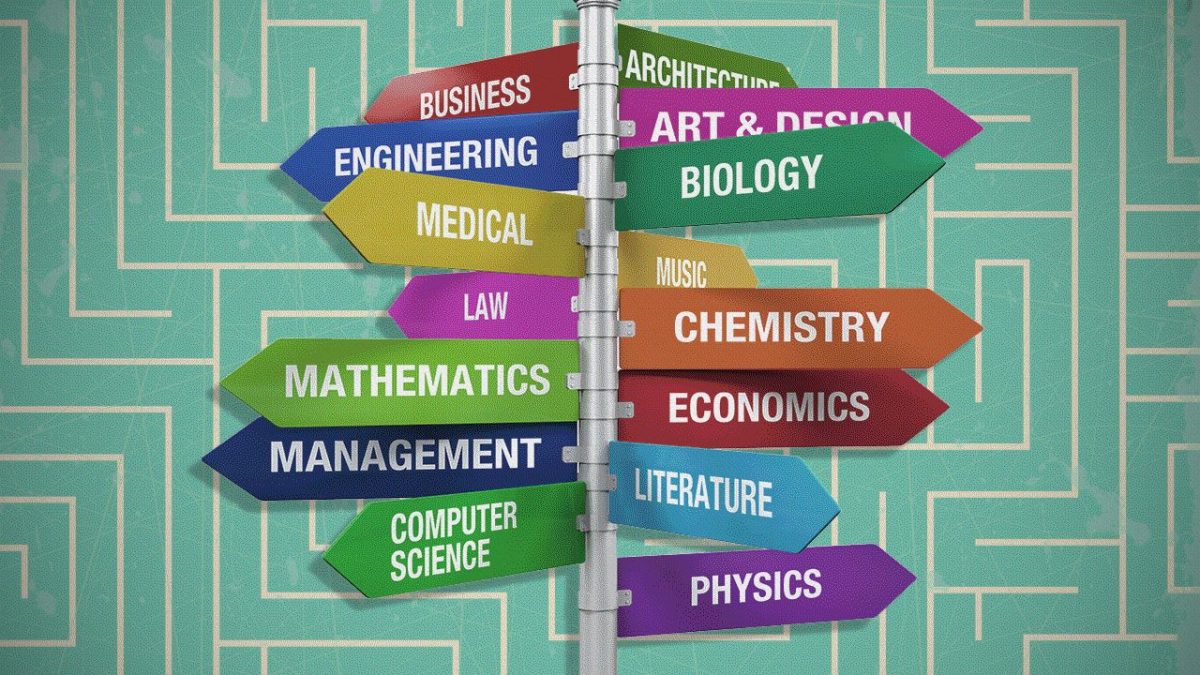
We are in firm belief that the inability to formulate thoughts and original opinions has stunted this generation’s critical development. Throughout history, thoughts and original opinions have been the root for innovations and ideologies, consequently, impacting our industrialization and evolution. There is no debating that the progress of mankind would not be where it stands today without influential thinkers. Whether their influence was social like Marx, or scientific like Einstein, it opened doors for new discussions, agreed upon or not.
There’s a line in Animal Farm by George Orwell in which Squealer, a pig meant to represent propaganda throughout the Russian Revolution, referred to themselves (the pigs) as “brainworkers” to justify their intelligence and thus priority on the farm. This line sticks not only because it’s ironic, due to the fact that “brainworkers” isn’t an actual word, but also because of its emphasis on the importance of thought in a society where freedom of speech was repressed. Since thinking is so efficacious it makes sense that we have an amendment to grant us the right to it and its distribution; so how come it has come to a decline?
The average person has 60,000 thoughts a day; one might be willing to bet that during times without so many distractions and times with boredom, this number is higher. We now live in an age when needing to think isn’t as great a necessity. With the invention of GPS, we don’t need to memorize routes. Search engines provide answers to every imaginable question. We live comfortably knowing that any question or problem we stumble upon will already have a solution. So why even question things?
Our proposition is that we are terrified of questioning without a solution, we are terrified of boredom, and we are terrified of criticism, which causes a reduction in the distribution of thoughts. What transpires when one goes beyond the state of boredom and fear of criticism? It may seem that once you’ve opened your mind to thought all your opinions already exist and every original encounter has already happened; this awareness might be the cause for a decline in thinking. In many cases this discouragement is true; to counter would be that not all presentations of thoughts are the same, justifying the importance for every individual’s ideas.
For example, one might present his or her opinion in different words than someone else, but that still doesn’t falsify the original judgment. We need counterintuitive thought processes to create a medium solution which is why criticism will always exist no matter how correct you may feel, and why criticism shouldn’t prevent you from sharing your opinions.
Many also feel discouraged when stepping into a profession, worrying that the majority of progression has since occurred and as a result feel that their impact would be minuscule, and they will conclude, unimportant. Although we agree that as technology progresses the difficulty to make new discoveries will increase – we also agree that progression in any form will be difficult and that it will not get easier with a surplus of distractions which prevent authentic concentration and attention.
This brings us to the next point, distractions. The problem is not only the distractions of technology, but its effects on attention span. The majority of our youth are hunched over iPads consuming short-formed content for hours on end, stunting their ability to process useful information and create original ideas. Without the early development stages being full of creativity and boredom, it prevents thinking. Without thinking there will be a cease to ideas and progress and a lack of problem solving skills, ensuing a loop of problems without solutions.
It’s always scary to think beyond the blueprint that has been laid out for us, but if everyone followed the blueprint blindly, where would we be today? Doubtfully, our authors would then not be writing on computers while drinking espresso made from a machine. We need innovation in our youth; we need to allow ourselves to feel problems in order to develop problem-solving skills. It’s difficult to detach from the distractions in media since it’s been such a prevalent source of entertainment for many of us, however, the next time you’re bored, instead of turning on your phone for short term entertainment, allow yourself to sit there and be bored.
















































































































































































